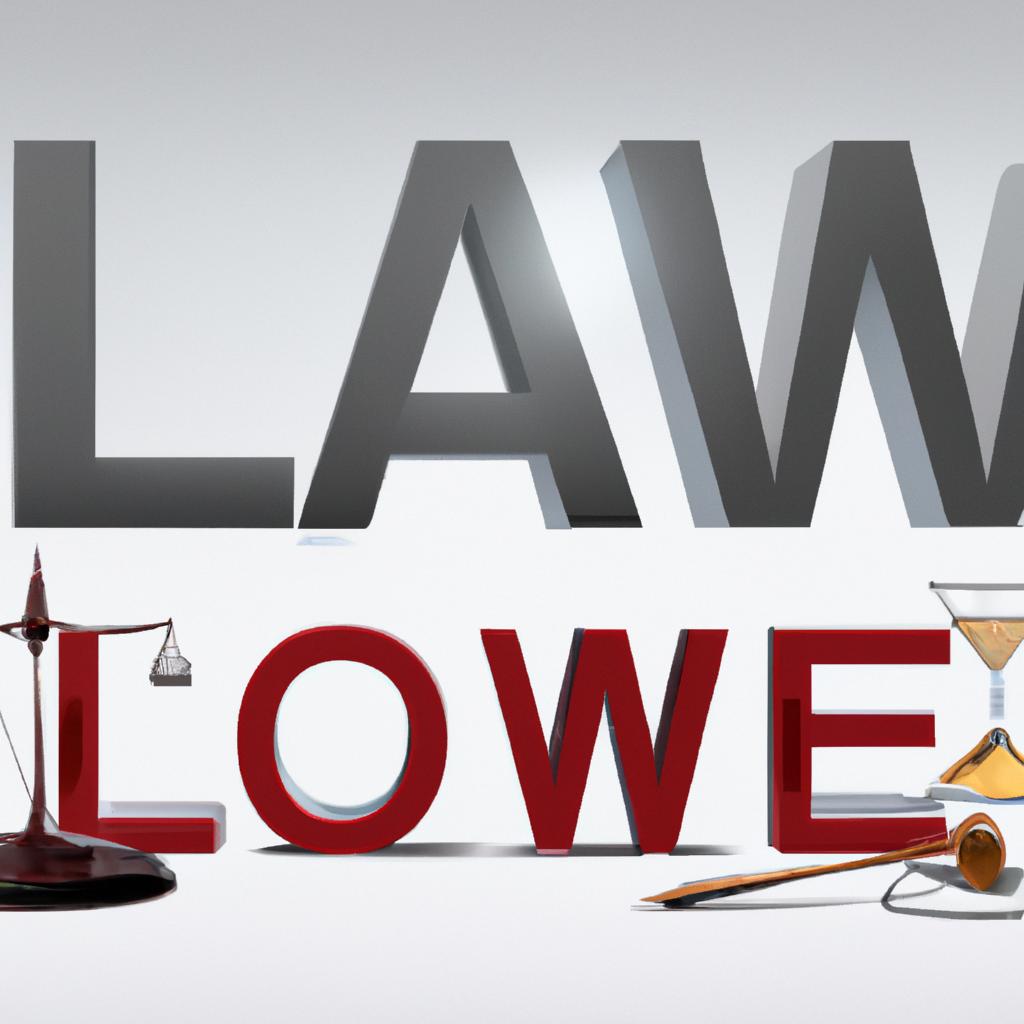Navigating the legal landscape can often feel like a daunting and complex task. From contractual disputes to employment matters, there are numerous legal pitfalls that individuals and businesses may encounter. However, legal loopholes can be used to your advantage when facing tricky legal situations. In this article, we’ll explore five important legal loopholes you need to know to navigate challenging legal scenarios effectively.
At Morgan Legal Group in New York City, we have years of experience providing legal counsel and representation to individuals and businesses across various practice areas. Our team of skilled attorneys is well-versed in New York State Law. It can offer valuable insights into the legal strategies and loopholes that can be utilized to achieve favorable outcomes.
Statute of Limitations:
A statute of limitations is a legal time limit within which a lawsuit or legal action must be filed. In New York State, the statute of limitations varies depending on the type of legal claim. For example, the statute of limitations for personal injury cases is generally three years, while contract disputes have a six-year statute of limitations. Understanding the applicable statute of limitations is crucial in determining whether a legal claim is still viable or has expired.
Small Claims Court:
Small claims court is a legal venue where individuals can sue for monetary damages of up to $5,000 (or $10,000 for corporations). Small claims courts can provide a cost-effective and efficient means of resolving certain legal disputes without legal representation. Knowing the jurisdictional limits of small claims court and the procedures for filing a claim can be a valuable legal loophole for securing a swift resolution to a dispute.
Unconscionable Contracts:
In New York State, courts can declare a contract unenforceable if found unconscionable. An unconscionable contract is so one-sided and unreasonable that it shocks the conscience. This legal loophole can be used as a defense in contractual disputes, especially when a significant power imbalance exists between the parties involved.
Tenant Rights:
New York State has robust tenant protection laws that offer various legal loopholes for tenants facing eviction or housing disputes. Understanding the legal requirements for eviction proceedings, rent stabilization laws, and tenant rights can provide crucial leverage for tenants in difficult housing situations.
Consumer Protection Laws:
New York State has strong consumer protection laws that offer legal loopholes for consumers facing unfair or deceptive business practices. These laws provide a range of remedies, including the right to cancel certain types of contracts within a specific timeframe, the right to receive accurate disclosures from businesses, and the right to sue for damages caused by unfair business practices.
Benefits and Practical Tips:
By understanding these legal loopholes and utilizing them strategically, individuals and businesses can navigate through tricky legal situations more effectively. Here are some practical tips for leveraging legal loopholes:
- Consult a knowledgeable attorney to understand how these legal loopholes may apply to your situation.
- Keep track of important deadlines and time limits to preserve your legal rights.
- Gather documentation and evidence to support your legal claim or defense.
Consider alternative dispute resolution methods like mediation or arbitration to avoid lengthy and costly litigation.
Case Studies:
- To illustrate the practical application of these legal loopholes, here are a few case studies that demonstrate how they have been used in real-world legal scenarios:
- In a landlord-tenant dispute, the tenant successfully invoked New York’s tenant protection laws to challenge an unlawful eviction.
- A small business owner utilized the statute of limitations to bring a timely legal action against a vendor for breach of contract.
- A consumer filed a lawsuit under New York’s consumer protection laws to seek damages for a business’s deceptive advertising.
Conclusion:
Navigating tricky legal situations can be challenging, but understanding and leveraging legal loopholes can provide valuable advantages in seeking fair and just outcomes. By seeking guidance from experienced legal professionals, individuals and businesses can effectively utilize these loopholes to protect their rights and interests.
At Morgan Legal Group, we are committed to providing strategic legal counsel and representation for clients facing complex legal challenges. With a deep understanding of New York State Law and a track record of success in diverse practice areas, our team is prepared to assist you in navigating any legal situation.
Whether you are dealing with contractual disputes, landlord-tenant issues, consumer protection matters, or other legal concerns, we are here to help. Contact us today to schedule a consultation and learn how we can effectively navigate through legal loopholes to safeguard your legal rights.




